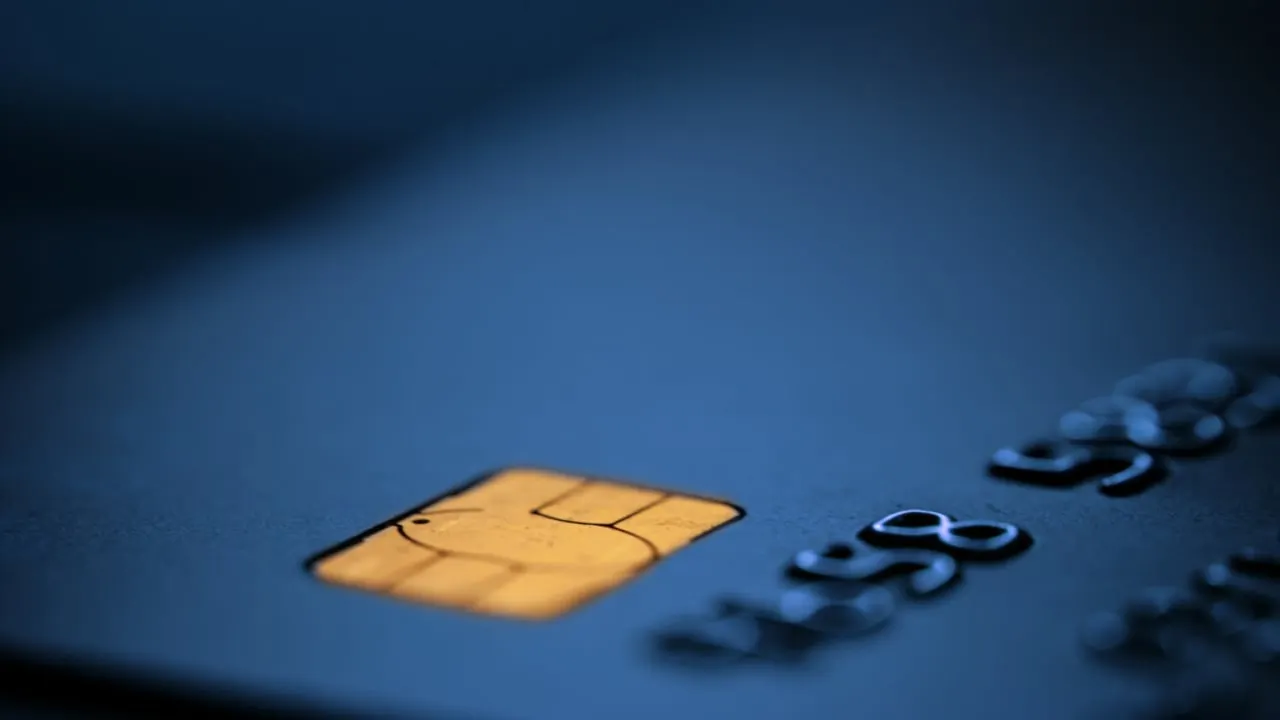Gnosis has announced the launch of their debit card, Gnosis Card, that will utilize their new payment network, Gnosis Pay.
This product will originally be available in EU and EEA countries as well as the UK; with plans of expanding into the U.S., Brazil, Mexico, Singapore, and Hong Kong in Q4.
Gnosis Card users will be required to connect their wallets to use their funds for real-world payments. Payments can be made anywhere that Visa is accepted, with funds being directly taken from your wallet rather than requiring you to pre-pay the card.
Payments are d̶u̶e̶ ̶ ̶̶̶f̶̶̶o̶̶̶r̶̶̶ ̶̶̶a̶̶̶ ̶̶̶c̶̶̶h̶̶̶a̶̶̶n̶̶̶g̶̶̶e̶̶̶ here for web3! 🦉 💳
We are extremely excited to announce Gnosis Pay and Gnosis Card, the World’s First Decentralized Payment Network and Self-Custodial Debit Card!
🧵 ⬇️ pic.twitter.com/mBeMAmwsEl
— Gnosis Pay 🦉💳 (@gnosispay) July 17, 2023
"This is different from Web2 payment networks because you still have custody of your funds," Friederike Ernst, co-founder of Gnosis Chain and Gnosis Pay, told Decrypt. "It is different from Web3 payment cards because it is not prepaid. If you have a Binance card, you load your account with crypto and spend from that balance. With Gnosis Pay, you spend from your self-custodial wallet the moment you tap your card."
On launch, you'll only be able to spend EURe—a stablecoin pegged to the Euro—on the card. The Gnosis Pay team is working to integrate MakerDAO's decentralized stablecoin DAI next.
"Currently if you're out of EURe, it'll decline the payment," Ernst said. "A feature we will add in the future is that if you're out of EURe but have USDC, for instance, it will ask whether you want to swap [your tokens]."
Gnosis Pay deploys a custom-built layer-2 protocol on top of the Gnosis Chain to allow the network to scale sufficiently. This also enables KYT and KYC details—requirements for a Visa off-ramp—gathered via Fractal to be safeguarded.
A lot of the technical complexities are hidden from the user using account abstraction, made possible by Gnosis' use of Safe. One way account abstraction is used here is by removing the need for a seed phrase, instead using your wallet to sign into the web app—while on the backend, new wallets have been made.
On launch, Gnosis Pay will only have a physical card as well as a web app. A mobile app is coming "soon." It costs 30 EURe to sign up.
Expanding to other wallets
Gnosis Pay will provide the tooling and APIs to allow other wallets, DAOs, or NFT collectives to provide products similar to Gnosis Card to their users.
"On both the tech and regulatory side, it was a heavy lift. So, we're letting other wallets use this infrastructure for issuing cards," Ernst told Decrypt. "Gnosis Card is kind of like our first customer."
The team at Gnosis Pay has had talks with wallets that are keen to use their infrastructure to offer similar products to the Gnosis Card.
"We are currently signing letters of intent with multiple wallets," Ernst continued. "Every single one we've spoken to so far has been supremely interested. It is likely the first ones are going to be Zerion and Bankless—1Inch are also top of the list."
Gnosis sees widespread crypto payment networks and cards as the bridge between on-chain and off-chain experiences.
"Making these bridges load bearing and traffic bearing, I think this is something that's going to be huge for the ecosystem," Ernst explained. "If you look at financial primitives, payments are by far the most used one, right? We do it every single day. So, being able to do that in a Web3 native way, that's huge."

